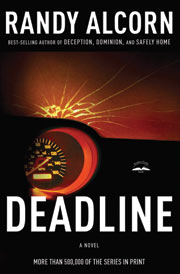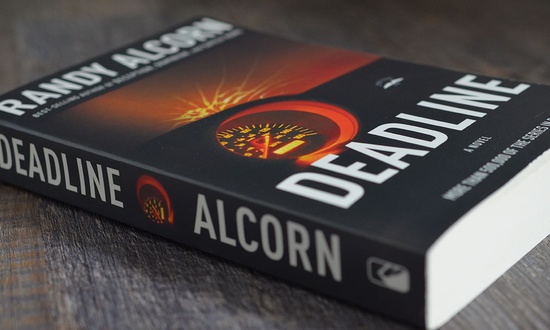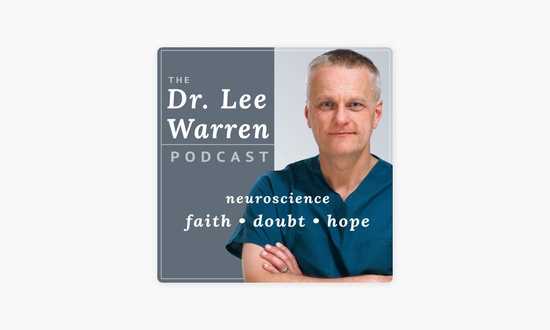I personally believe that Christian fiction can be fully honoring to Christ.
The history of Christian fiction is very big, very prominent. Take Pilgrim's Progress (1670s), a work of fiction. For a long time, people said it was the second-best selling book of all time. Besides the Bible itself, it is arguably one of the most influential books of all time, and it’s a work of fiction, an allegory.
Then, there’s Charles Sheldon’s In His Steps (1898) from which we get the question “What would Jesus do?” Very powerful. He was preaching a Sunday evening series, and he started with that question. Every week he would write what got published as an article. Eventually this was all put together in In His Steps. Nobody’s going out and buying Charles Sheldon’s non-fiction writings, though they’re probably good. But that novel captured people’s imaginations.
And there’s Harriet Beecher Stowe’s Uncle Tom's Cabin (1852). There’s a work of fiction based on reality, but with made-up characters true to life. That book would have to be in the top two or three most influential books in terms of changing the course of American history. There are tons of non-fiction anti-slavery books, and nobody knows their titles. Everybody knows Uncle Tom’s Cabin. It was the story that captured people’s imagination.
Jesus taught in parables. He told stories to capture imaginations and move hearts. The way I look at Christian fiction and the reason I started writing it in the early ‘90s is that it has a Trojan Horse effect. People open the doors of their minds to a story. The Trojan Horse comes in and then, all of a sudden, the soldiers come out and take over the city. It’s not manipulation, but it’s an ability to communicate.
Here’s an example. My novel Deadline has a sub-plot that involves an abortion story. Somebody had an abortion in their past and is kind of plagued by the guilt and they end up in a group of men who are talking about abortion.
 Deadline was given to a school teacher whom we knew because our daughters played volleyball together. She happened to be a very outspoken pro-abortion person. Very outspoken. And when I found out this other woman had given her Deadline, I went, “Ohhh, not that book! Give her one of my other novels, but not Deadline!” As much as I know about the power of fiction, I still just assumed that was a bad choice. Three weeks later, I’m sitting at a volleyball game. I haven’t seen this teacher in between. I see her coming, walking rapidly toward me. I thought, “Here it comes.”
Deadline was given to a school teacher whom we knew because our daughters played volleyball together. She happened to be a very outspoken pro-abortion person. Very outspoken. And when I found out this other woman had given her Deadline, I went, “Ohhh, not that book! Give her one of my other novels, but not Deadline!” As much as I know about the power of fiction, I still just assumed that was a bad choice. Three weeks later, I’m sitting at a volleyball game. I haven’t seen this teacher in between. I see her coming, walking rapidly toward me. I thought, “Here it comes.”
She says, “Somebody gave me that novel of yours.” She’s pointing her finger at me. And she goes, “I loved it!”
I was so shocked. She just went on about how she loved it. She said, “You know what my favorite part of that novel was?”
“I don’t have a clue. Tell me.”
She said—this a non-Christian woman—she said, “When you showed the conception of a child from Heaven’s viewpoint.”
That was her favorite part of the book. I don’t know if she totally reversed her position on abortion, but I know that it was definitely changed and perhaps altered forever in a way that simply would not have happened just by reading my non-fiction book on the subject. The truth is, she probably wouldn’t have read it in the first place. That’s the power of Christian fiction.
Photo by Trent Erwin on Unsplash




